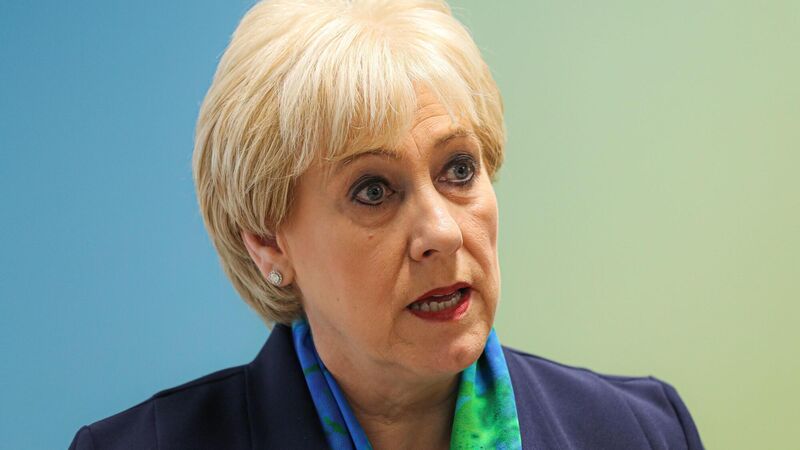New legislation will allow families to register deaths and births at home

Minister Heather Humphreys said the Bill, which was approved by Cabinet last week, will modernise the Civil Registration Service and will bring Ireland in line with death registration practices in other countries to ensure that deaths are notified and registered at the earliest opportunity. Picture: Damien Storan/PA
Families will be able to register births and deaths online for the first time, and official acknowledgment of stillbirths is to be expanded under new reforms.
Social Protection Minister Heather Humphreys has drafted new legislation to give people greater flexibility when it comes to registering major life events.










